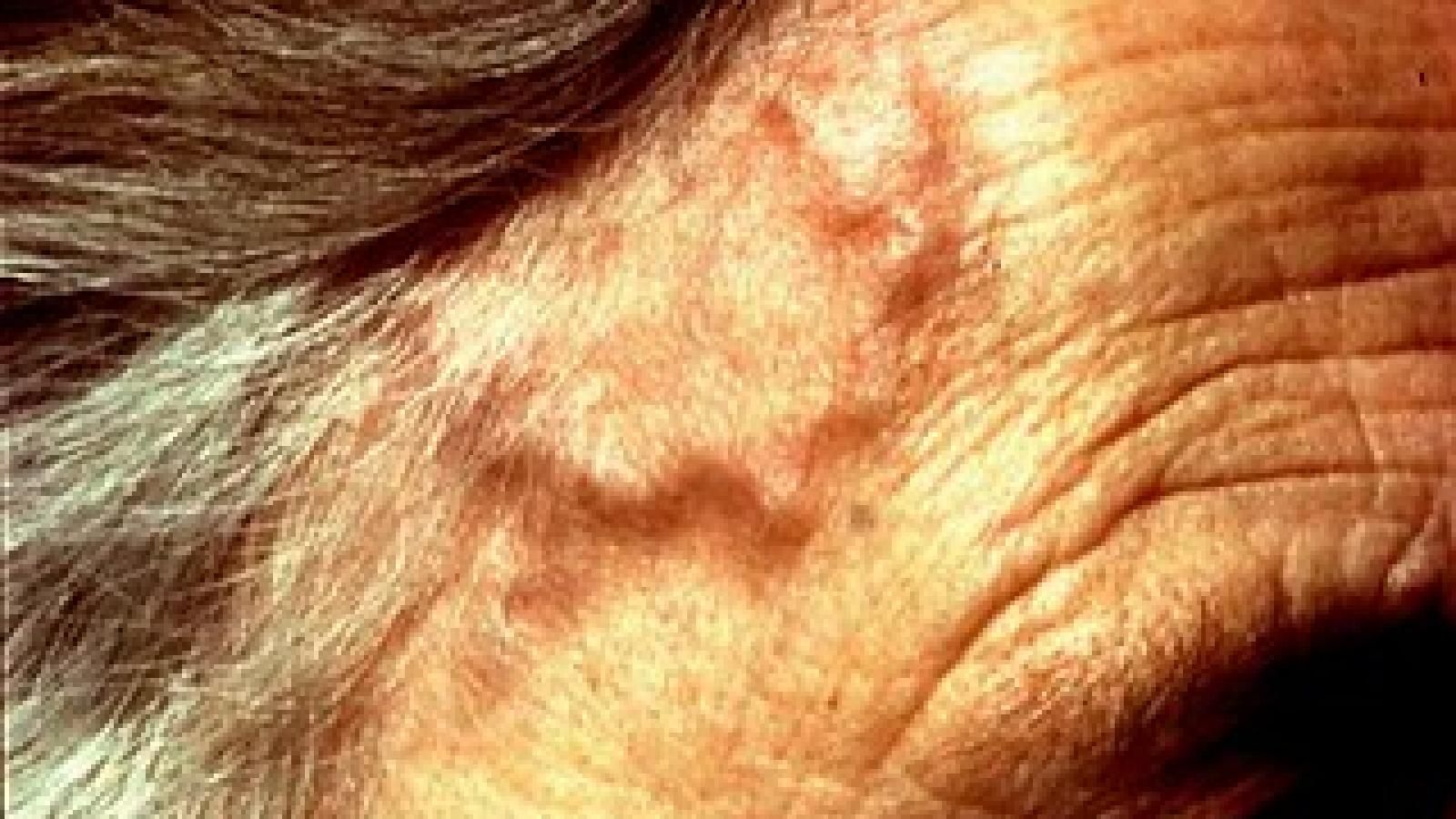Vasculitis
Are emulation ‘trials’ helpful, despite the biases that occur with observational data, or do they truly mimic the results of randomized controlled trials (RCTs)?
For decades, glucocorticoids (GCs) have formed the backbone of polymyalgia rheumatica (PMR) management. Whilst previously there was a sense that a “low” GC dose with limited duration was used, we now appreciate just how heterogenous the disease course of PMR can be, with many patients experiencing frequent relapses and garnering a subsequent huge GC burden over a number of years.
Clinicians treating giant cell arteritis (GCA) have long had to contend with a disappointingly limited selection of drugs from which to select. A new group of drugs is finally showing promise in the treatment of GCA.
Join Drs. Jack Cush and Artie Kavanaugh as they review 15+ presentations and abstracts from the 2024 ACR Convergence meeting in Washington, DC.
The treatment paradigm for Giant Cell Arteritis (GCA) has been a binary approach to the presence or absence of vasculitis. When GCA is present, we institute high doses of glucocorticoids for treatment of the inflammatory process. This approach is not well individualized to the patient as we do not account for the degree of inflammation that may or may not be present in the disease. Improved markers to stratify the extent of inflammation can help
This has been an interesting ACR meeting in terms of PMR updates. I would argue that we are still far too wedded to glucocorticoids only in the management of PMR. Yes, some patients will do fine with just glucocorticoids but we persist far too long with a glucocorticoid only strategy in others who clearly need an alternative as glucocorticoid adverse events multiply.
For decades, glucocorticoids (GCs) have formed the backbone of polymyalgia rheumatica (PMR) management. Whilst previously there was a sense that a “low” GC dose with limited duration was used, we now appreciate just how heterogenous the disease course of PMR can be, with many patients experiencing frequent relapses and garnering a subsequent huge GC burden over a number of years.
The SELECT-GCA study, looking at upadacitinib in GCA, anchored the ACR 2024 opening plenary for a reason - it is highly notable and badly needed.
Are emulation ‘trials’ helpful, despite the biases that occur with observational data, or do they truly mimic the results of randomized controlled trials (RCTs)?
Clinicians treating giant cell arteritis (GCA) have long had to contend with a disappointingly limited selection of drugs from which to select. A new group of drugs is finally showing promise in the treatment of GCA.
For many years glucocorticoids were the mainstay of our treatment of granulomatosis with polyangiitis (GPA). The paradigm shifted with cyclophosphamide and then again with rituximab, and we used less steroids, but we still used lots. Avacopan teased the demise of steroids, but in the trial they, and now we, still use them. Glucocorticoids are our old trusty friend, our comfort blanket. But no more! Good riddance to the medication with the
An exhaustive, full read guideline from the British Association of Dermatologists (BAD) and the British Society for Rheumatology (BSR) on the management and treatment of Behçet’s disease (BD) in 2024 has been published in Rheumatology.



















 Poster Hall
Poster Hall